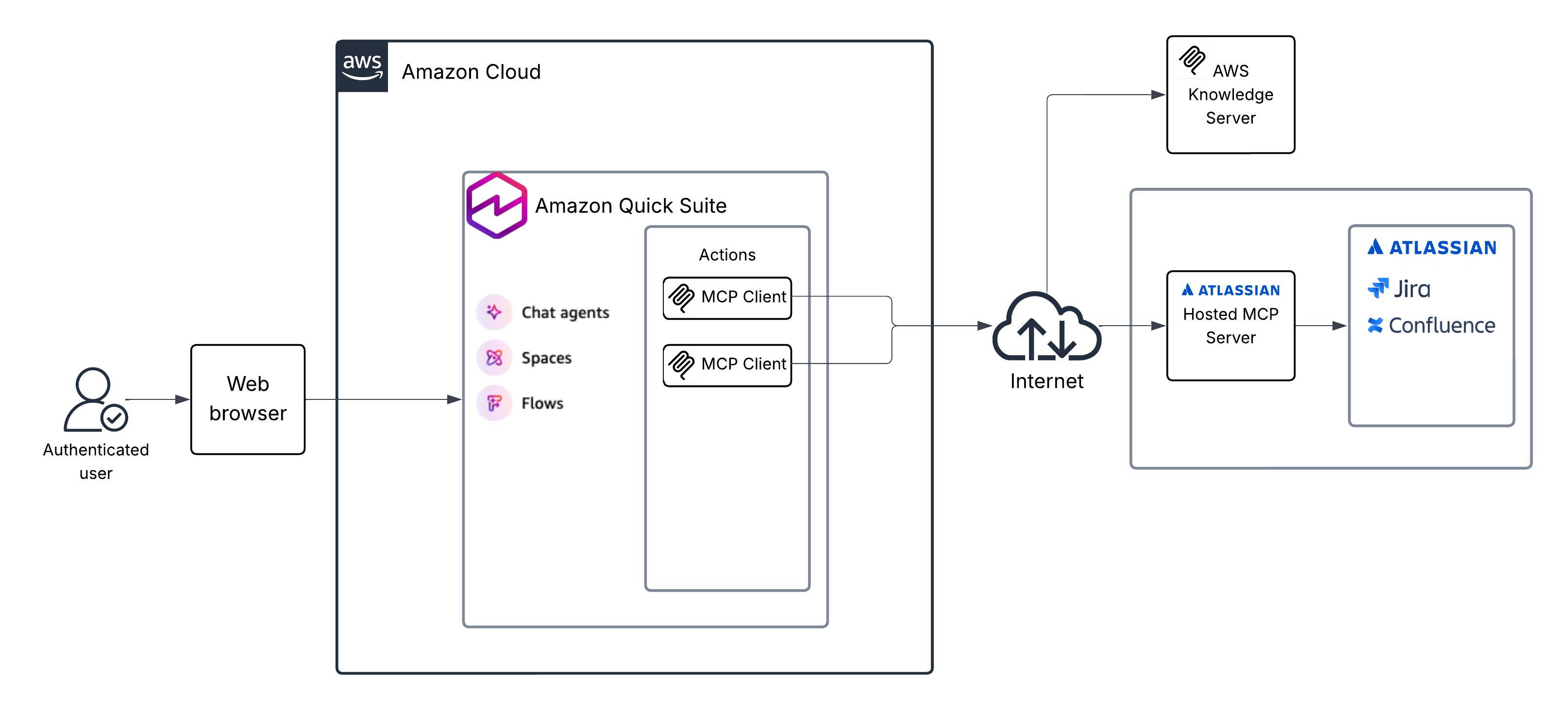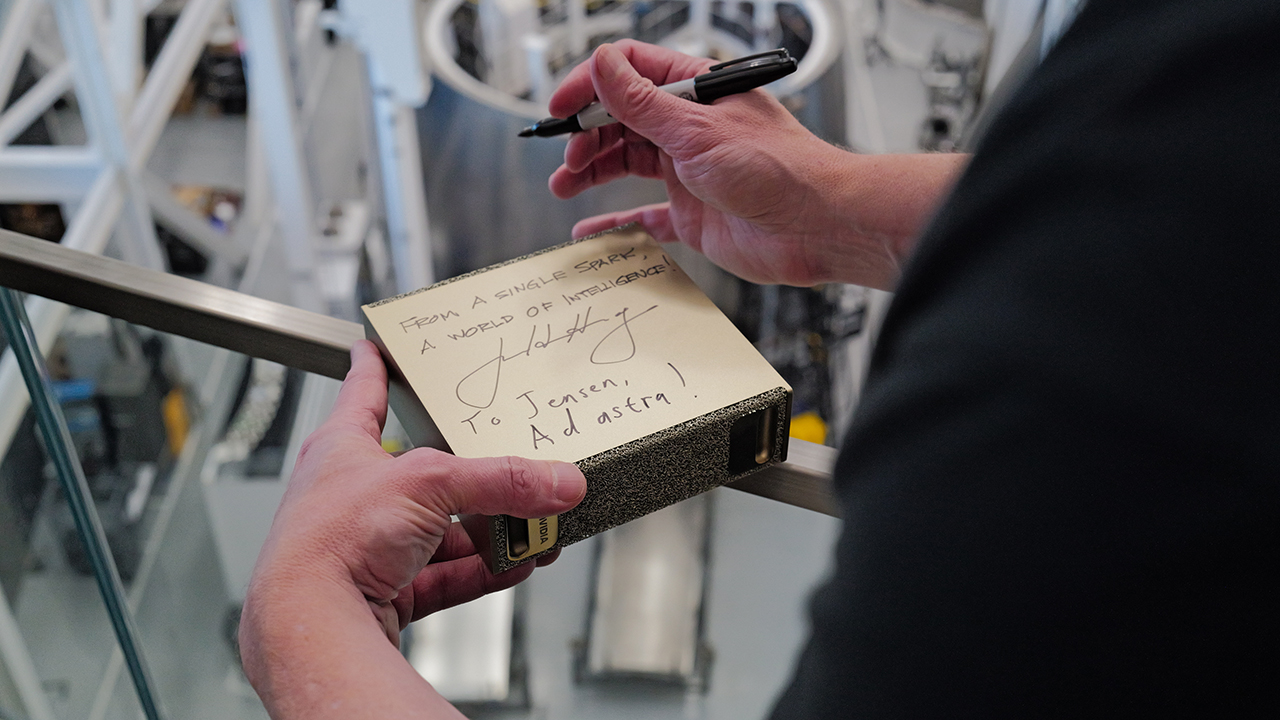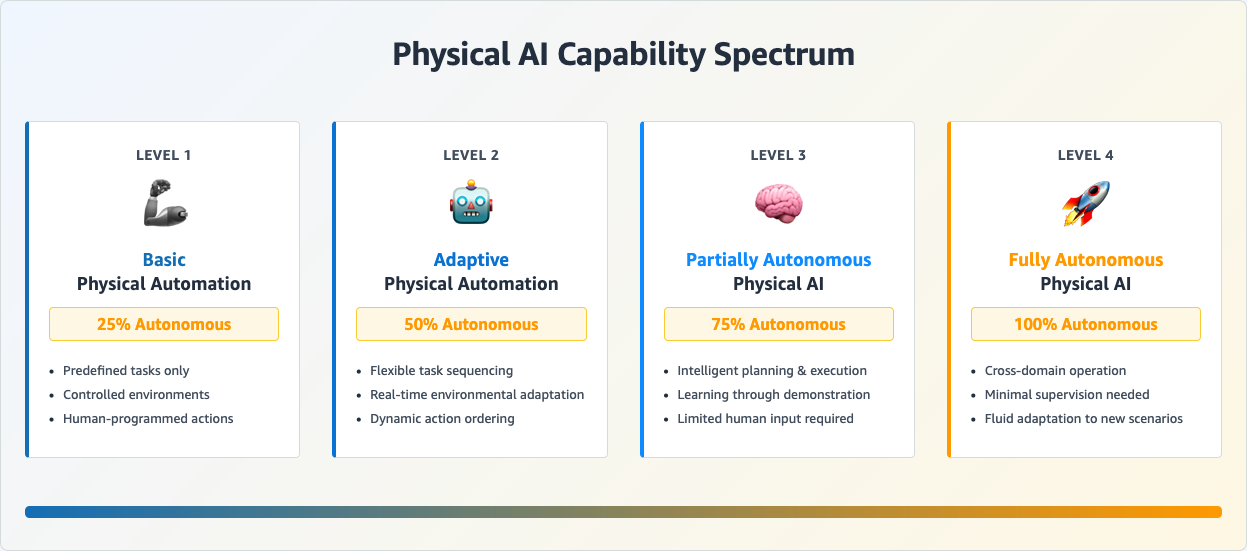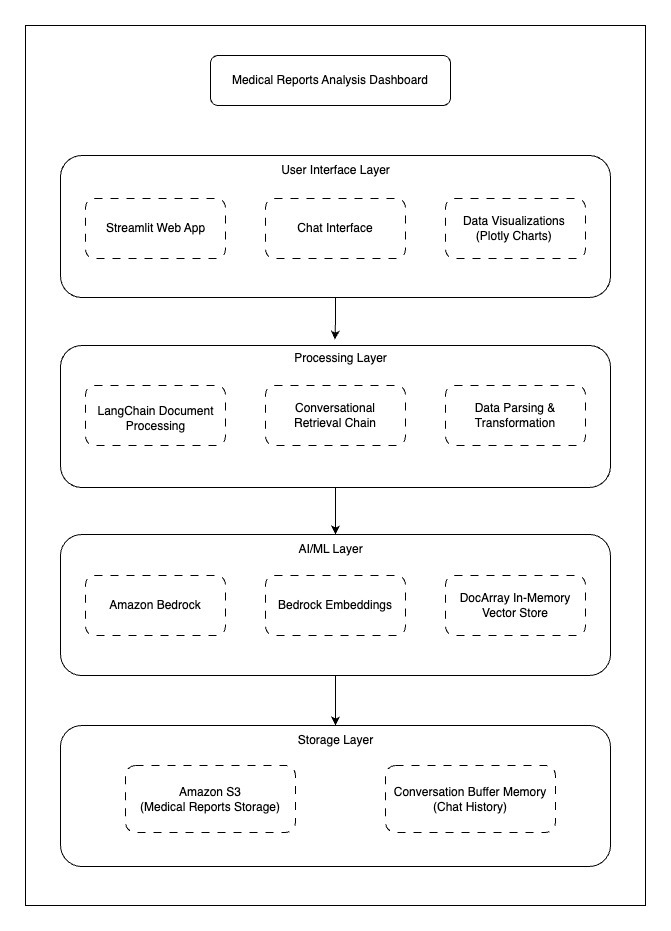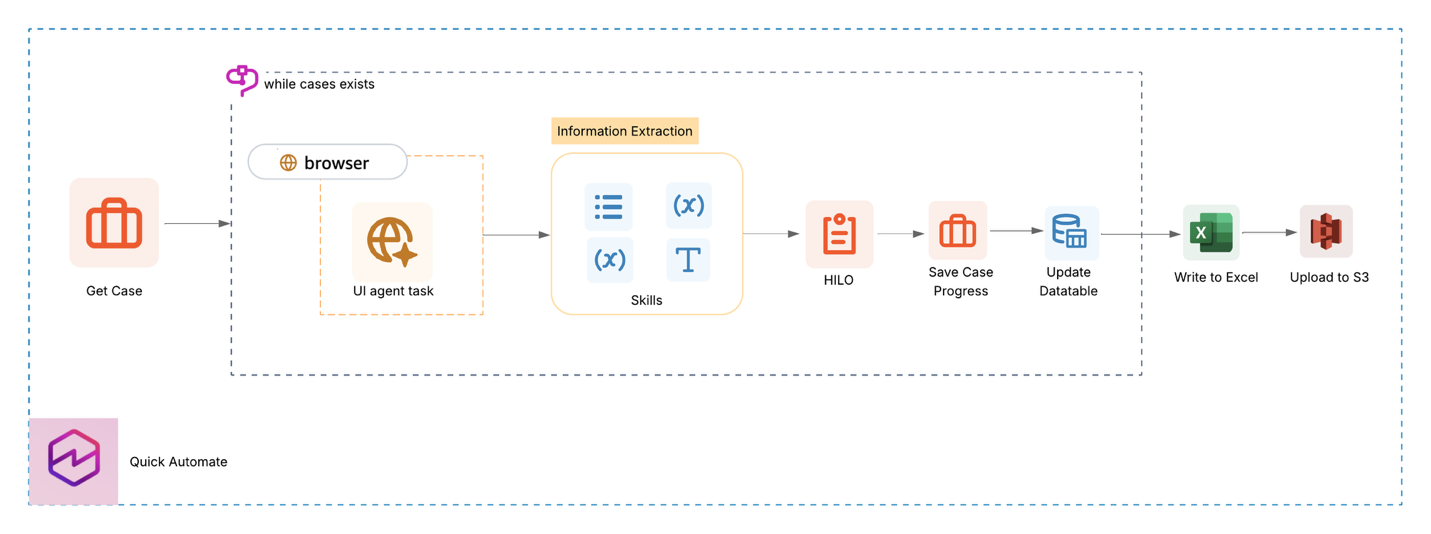AI's influence on society prompts debate on regulation vs. industry growth, with concerns over democracy and market manipulation. The constant influx of new AI products raises questions about industry dominance and societal impact.
World Food Day highlights global hunger issues. MIT researcher Aouad's project aims to optimize food assistance programs in India.
ChatGPT's latest version raises concerns over harmful responses to prompts about suicide, self-harm, and eating disorders, with GPT-5 giving more harmful answers than its predecessor GPT-4o. Campaigners highlight the need for improvement in AI safety measures to protect vulnerable individuals seeking support.
OpenAI to relax restrictions on ChatGPT, allowing customized personalities and erotic content for verified adult users. New version in December will feature more human-like responses and age-gating for adult content.
AI in UK schools is causing concerns as 1 in 4 students find it 'too easy' to find answers, limiting creativity and learning new skills. Oxford University Press research reveals 80% of students aged 13-18 regularly use AI for schoolwork, with only 2% not using it at all.
Organizations can enhance productivity by securely connecting AI agents with enterprise applications like Asana and Jira using Model Context Protocol (MCP). Amazon Quick Suite offers simplified integrations with Atlassian's Jira and Confluence, enabling seamless collaboration and action-taking capabilities.
Experts warn of liability issues as AI health tools boom. AI in healthcare grows, aiding diagnoses and hospital management.
NVIDIA's DGX Spark, a compact supercomputer, delivers a petaflop of AI performance, empowering developers and creators beyond the data center. From SpaceX's Starbase to robotics labs, DGX Spark is putting supercomputer-class AI within reach for all.
Amazon Bedrock AgentCore is a new platform that helps developers quickly transition AI agents from pilots to full-scale production. With support from major companies like Clearwater Analytics and Sony, AgentCore offers a secure, scalable, and reliable foundation for building, deploying, and operating agents with ease.
The AWS Generative AI Innovation Center, MassRobotics, and NVIDIA launch the Physical AI Fellowship, supporting startups developing next-gen robotics solutions. Physical AI bridges digital intelligence with physical reality, transforming industries with efficiency and innovation.
Tech billionaire lectures on antichrist in San Francisco while man attacks Latter-day Saints in Michigan, sparking concerns. Matthew Avery Sutton warns of dangerous shift from pulpits to politics in American public life.
A medical reports analysis dashboard utilizing Amazon Bedrock AI, LangChain document processing, and Streamlit interface streamlines healthcare data interpretation through natural language queries and dynamic visualizations. By combining advanced AI capabilities with intuitive user interface, healthcare providers can efficiently analyze and interpret complex medical reports for enhanced patient...
Kitsa revolutionizes clinical trial site selection using Amazon Quick Automate, streamlining data analysis for faster, more efficient decision-making in the industry. By leveraging AI-driven analytics, Kitsa matches sponsors with the most suitable sites, addressing key challenges like data fragmentation and manual effort in the process.
Equity threatens mass action over tech companies using members' likenesses in AI without permission. Members report copyright infringements and data misuse in AI content.
AI-generated work criticized for errors due to lack of proper staff training. Only 8.5% trust AI search results, with over half of consumers reporting significant mistakes.






